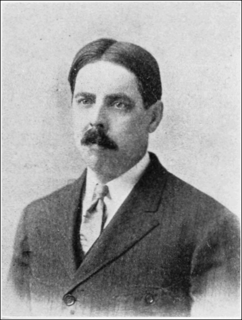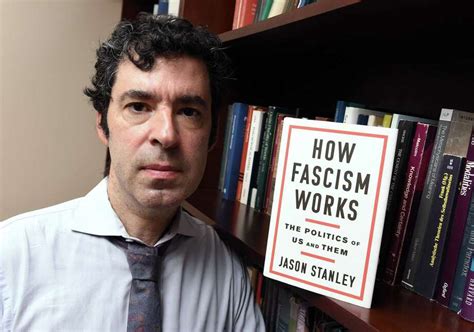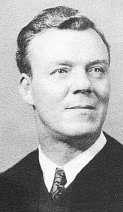A Quote by George Washington
A small knowledge of human nature will convince us, that, with far the greatest part of mankind, interest is the governing principle... Few men are capable of making a continual sacrifice of all views of private interest, or advantage, to the common good. It is vain to exclaim against the depravity of human nature on this account; the fact is so, the experience of every age and nation has proved it and we must in a great measure, change the constitution of man, before we can make it otherwise. No institution, not built on the presumptive truth of these maxims can succeed.
Quote Topics
Account
Advantage
Against
Age
Before
Built
Capable
Change
Common
Common Good
Constitution
Convince
Convince Us
Depravity
Every
Experience
Fact
Far
Few
Few Men
Good
Governing
Great
Greatest
Human
Human Nature
Institution
Interest
Knowledge
Make
Making
Man
Mankind
Maxims
Measure
Men
Must
Nation
Nature
Otherwise
Part
Principle
Private
Proved
Sacrifice
Small
Succeed
Truth
Us
Vain
Views
Will
Related Quotes
With reason, then, the common opinion of mankind, little affected by the few dissentients who have contended for the opposite view, has found in the careful study of nature, and in the laws of nature, the foundations of the division of property, and the practice of all ages has consecrated the principle of private ownership, as being pre-eminently in conformity with human nature, and as conducing in the most unmistakable manner to the peace and tranquility of human existence.
Human nature itself is evermore an advocate for liberty. There is also in human nature a resentment of injury, and indignation against wrong. A love of truth and a veneration of virtue. These amiable passions, are the "latent spark" . . . If the people are capable of understanding, seeing and feeling the differences between true and false, right and wrong, virtue and vice, to what better principle can the friends of mankind apply than to the sense of this difference?
In a large congregation, while there is a wide diversification of interest, it is also true that there are only a few basic human problems. It must also be taken into consideration that people are people regardless of who they are or what their backgrounds may be. There are certain deep universal appeals to human interest and to these human nature always responds.
Some philosophers are drawn to the subject [of philosophy] via their interest in the nature and structure of the world external to us. Others are drawn to it by an interest in the capacities that make humans distinctive in the world. I am a philosopher of the latter sort. My work thus far has been clustered around the nexus of knowledge, communication, and human action.
I believe that the basic nature of human beings is gentle and compassionate. It is therefore in our own interest to encourage that nature, to make it live within us, to leave room for it to develop. If on the contrary we use violence, it is as if we voluntarily obstruct the positive side of human nature and prevent its evolution.
If human nature does alter it will be because individuals manage to look at themselves in a new way. Here and there people - a very few people, but a few novelists are among them - are trying to do this. Every institution and vested interest in against such a search: organized religion, the state, the family in its economic aspect, have nothing to gain, and it is only when outward prohibitions weaken that it can proceed: history conditions it to that extent.
Thus the law of nature stands as an eternal rule to all men, legislators as well as others. The rules that they make for other mens actions, must, as well as their own and other mens actions, be conformable to the law of nature, i.e. to the will of God, of which that is a declaration, and the fundamental law of nature being the preservation of mankind, no human sanction can be good, or valid against it.
[The Republican Party] consists of those who, believing in the doctrine that mankind are capable of governing themselves and hating hereditary power as an insult to the reason and an outrage to the rights of men, are naturally offended at every public measure that does not appeal to the understanding and to the general interest of the community.































